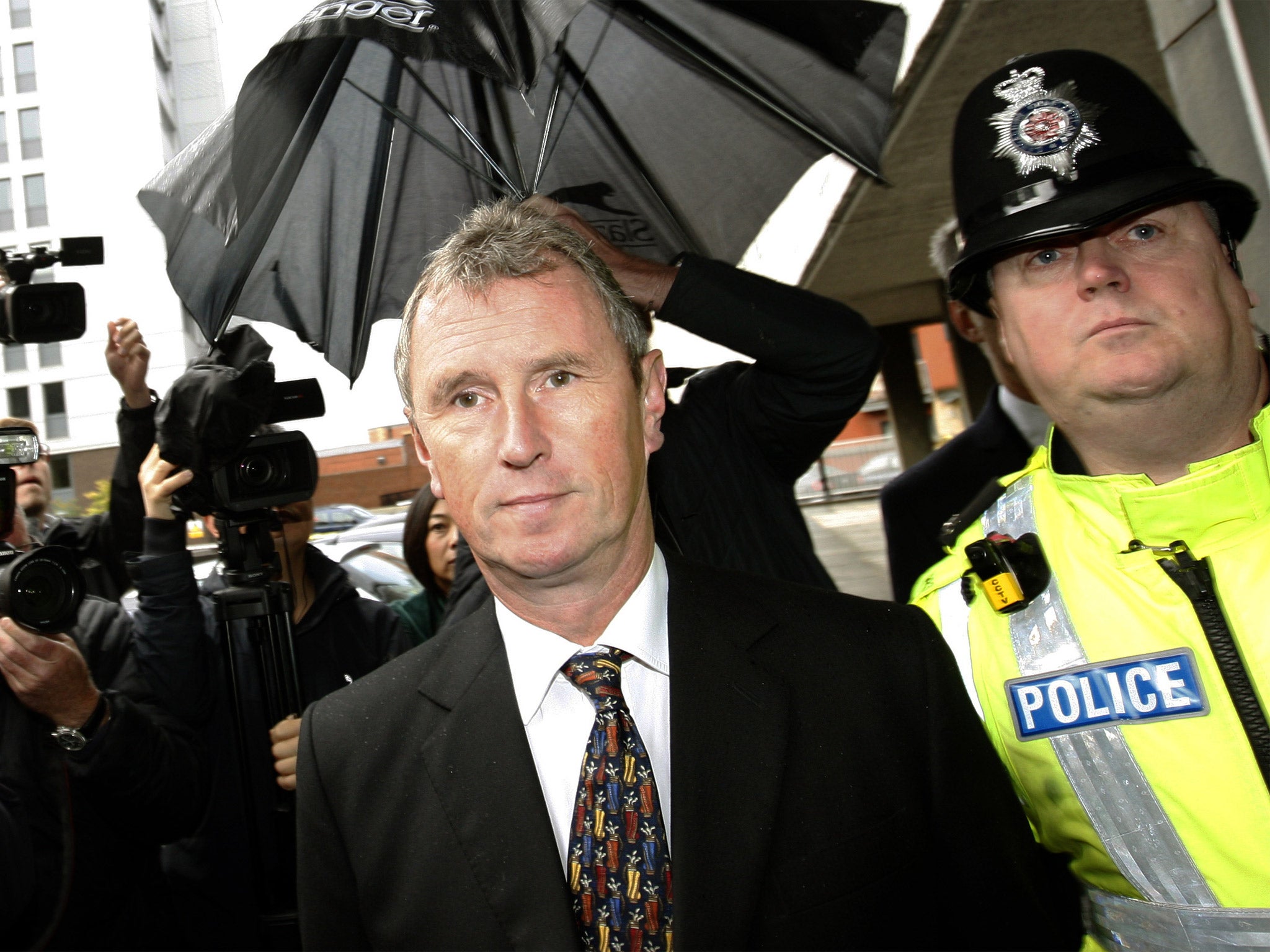MPs no longer to be automatically named if they are arrested
Previous rules required police to inform the Speaker if a member was arrested, and the Speaker to inform the Commons

MPs will no longer be automatically named if they are arrested, after the House of Commons approved a change to longstanding conventions.
Previous rules required police forces to inform the Speaker of the House of Commons, and the Speaker to inform the Commons, whenever an MP was arrested.
However, the cross-party Procedure Committee recommended in December that the rules should be scrapped to bring MPs’ rights into line with those of other citizens, who are not automatically named on arrest.
The House of Commons approved the changes on Wednesday evening.
Charles Walker, chairman of the Procedure Committee, said MPs should have the same rights to privacy as other citizens. MPs could still be named in the Commons if they are arrested over an issue directly related to their role as an MP.
In its report last year, which had been requested by the Speaker John Bercow, the committee said it recognised that “some arrests may occur in relation to activities which are essentially private and where the member has not chosen to make the fact of the arrest public or has not behaved in such a way as to make public knowledge inevitable”. Their report added: “It is important to make clear that in no other circumstance would a police force or a public authority be able to put the details of an arrest in the public domain in such circumstances without the consent of the arrested individual.”
Labour’s John Mann objected to the changes, however, saying they could give MPs special rights in law that do not apply to others, and warning that it could be important for the public to know, for example, if the arrest occurred close to a general election.
Recent arrests of MPs revealed under the old rules include the Tory MP Nigel Evans in 2013, who was later cleared of sex abuse charges, the former Conservative MP David Ruffley, who was arrested last year and given a police caution for common assault, and Caroline Lucas, the Green MP, who was later found not guilty of obstructing a public highway and a public order offence.
Join our commenting forum
Join thought-provoking conversations, follow other Independent readers and see their replies
Comments
Bookmark popover
Removed from bookmarks